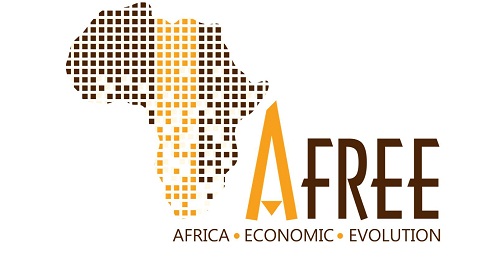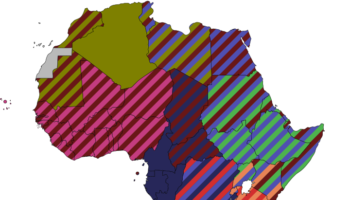The African Union (AU) is a 55-member federation consisting of all of Africa’s states. The union was formed, with Addis Ababa, Ethiopia, as its headquarters, on 26 June 2001. The union was officially established on 9 July 2002 as a successor to the Organisation of African Unity (OAU). In July 2004, the African Union’s Pan-African Parliament (PAP) was relocated to Midrand, in South Africa, but the African Commission on Human and Peoples’ Rights remained in Addis Ababa. There is a policy in effect to decentralize the African Federation’s institutions so that they are shared by all the states.
The African Union, not to be confused with the AU Commission, is formed by the Constitutive Act of the African Union, which aims to transform the African Economic Community, a federated commonwealth, into a state under established international conventions. The African Union has a parliamentary government, known as the African Union Government, consisting of legislative, judicial and executive organs. It is led by the African Union President and Head of State, who is also the President of the Pan-African Parliament. A person becomes AU President by being elected to the PAP, and subsequently gaining majority support in the PAP. The powers and authority of the President of the African Parliament derive from the Constitutive Act and the Protocol of the Pan-African Parliament, as well as the inheritance of presidential authority stipulated by African treaties and by international treaties, including those subordinating the Secretary General of the OAU Secretariat (AU Commission) to the PAP. The government of the AU consists of all-union (federal), regional, state, and municipal authorities, as well as hundreds of institutions, that together manage the day-to-day affairs of the institution.
Political associations such as the African Union offer hope for greater co-operation and peace between the continent’s many countries. Extensive human rights abuses still occur in several parts of Africa, often under the oversight of the state. Most of such violations occur for political reasons, often as a side effect of civil war. Countries where major human rights violations have been reported in recent times include the Democratic Republic of the Congo, Sierra Leone, Liberia, Sudan, Zimbabwe, and Côte d’Ivoire.




